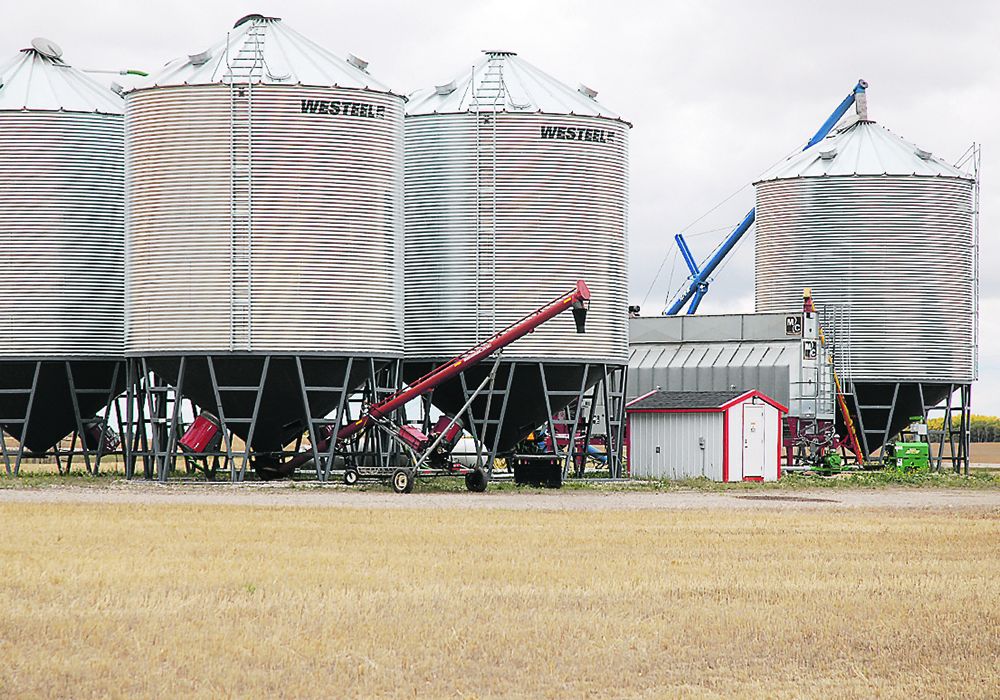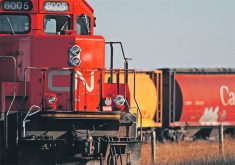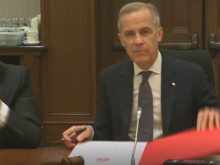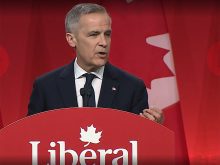Recent report outlines what might happen if the carbon tax exemption on qualifying farm fuel is extended to natural gas and propane
An updated report from the Parliamentary Budget Officer shows that farmers on the Prairies and in Ontario could pay $184 million annually in carbon tax by 2030.
The report released Jan. 20 outlines the cost of extending the exemption on qualifying farm fuel to natural gas and propane, as the private members’ bill C-206 in the previous Parliament outlined. An earlier costing note, released last June, showed costs over five years and was updated to show the increasing tax rate up to $170 per tonne.
Looking at it another way, the estimates are what farmers would pay without an extension of the exemptions.
Read Also

Using artificial intelligence in agriculture starts with the right data
Good data is critical as the agriculture sector increasingly adopts new AI technology to drive efficiency, sustainability and trust across all levels of the value chain.
Conservative agriculture critic John Barlow said the numbers are telling.
“It will cost farmers more than $1 billion.”
He said a farmer told him that his carbon tax bill was $11,000 in December alone.
“He said, ‘I can’t carry this. I just don’t have the margins,” Barlow said.
The breakdown shows that Ontario by far will be hardest hit, with the total at $25 million this year and $108 million by 2030-31.
Alberta will see the cost go from $10 million to $46 million per year and in Saskatchewan the cost rises from $6 million to $28 million. The estimate for Manitoba projects no costs for 2021-22 and $2 million by 2030-31.
In total, more than $1.1 billion will come out of farmers’ pockets if they have to pay the tax.
“This is pretty eye-opening,” said Barlow.
He said tacking on extra costs from the proposed reduction in fertilizer use will be the death knell for some farmers.
“How are farmers going to afford to stay in business?” Barlow said. “What incentive is there to stay?”
He expected the private members’ bill, which didn’t make it through the Senate before the last Parliament prorogued, would be tabled again early in the new parliamentary session that began Jan. 31.
He also said the carbon tax rebate plan set out in the fall economic statement isn’t a solution because farmers will have to pay the tax first and wait to get their money back. Barlow said some could be bankrupt by that time.
















